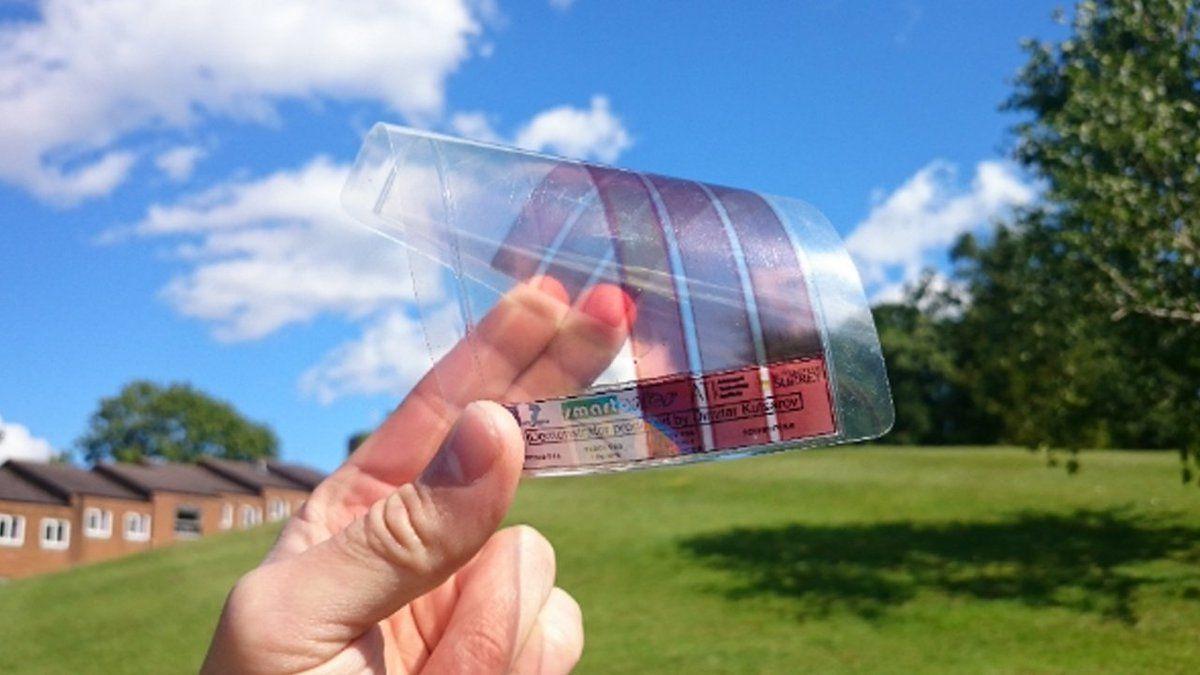GRAPHENE : Importance and the Future
The future of graphene is incredibly promising, with the potential to revolutionize numerous industries. Its importance lies in its extraordinary properties, which open up a wide range of applications. Here are some key aspects highlighting the future and significance of graphene:
-
Electronics and Computing: Graphene’s exceptional electrical conductivity could lead to faster and more energy-efficient electronics. This could result in smaller, more powerful devices with longer battery life. It may even pave the way for entirely new computing paradigms.
-
Flexible and Wearable Technology: Graphene’s flexibility and transparency make it an ideal material for flexible and wearable electronics. This could lead to innovations like foldable screens, smart clothing with integrated sensors, and even implantable medical devices.
-
Energy Storage: Graphene-based materials show great promise in improving energy storage devices. They have the potential to increase the capacity and charging speed of batteries and supercapacitors, impacting industries from portable electronics to electric vehicles.
-
Solar Cells: Graphene’s high electrical conductivity and transparency make it an excellent candidate for photovoltaic applications. It could significantly improve the efficiency of solar cells, potentially leading to more accessible and cost-effective solar energy.
-
Thermal Management: Graphene’s exceptional thermal conductivity could be used in various applications where efficient heat dissipation is crucial. This includes electronics, power systems, and energy storage devices, helping to prevent overheating and improve performance.
-
Water Purification and Desalination: Graphene-based membranes have shown promise in water filtration and desalination processes. They can efficiently remove impurities and salt from water, addressing critical global challenges in clean water access.
-
Medical and Healthcare Applications: Graphene’s biocompatibility opens doors for applications in biomedicine. It can be used in drug delivery systems, tissue engineering, biosensors, and even in the development of advanced medical imaging technologies.
-
Aerospace and Composites: Graphene’s strength-to-weight ratio could lead to lighter, more durable materials for aerospace applications. Graphene composites have the potential to improve fuel efficiency and reduce emissions in the aviation industry.
-
Automotive Industry: Graphene-based materials can be used in the production of lightweight and strong components for vehicles. This could lead to more fuel-efficient cars and electric vehicles with extended battery range.
-
Environmental Remediation: Graphene-based materials have shown promise in applications related to environmental protection and remediation. They can be used in technologies for pollution control and water purification.
-
Construction and Infrastructure: Graphene-reinforced materials could lead to stronger, more durable structures. Applications may include bridges, buildings, and infrastructure projects that require materials capable of withstanding harsh conditions.
-
Sports and Recreation: Graphene’s lightweight and strong properties have led to innovations in sports equipment, such as bicycles, tennis rackets, and golf clubs. These advancements can enhance performance and durability.
As the production methods for graphene continue to improve and economies of scale are achieved, its applications are likely to become more widespread. Research and development efforts are ongoing to explore new and innovative uses for this remarkable material. The future of graphene is poised to play a crucial role in advancing technology and addressing critical global challenges.





